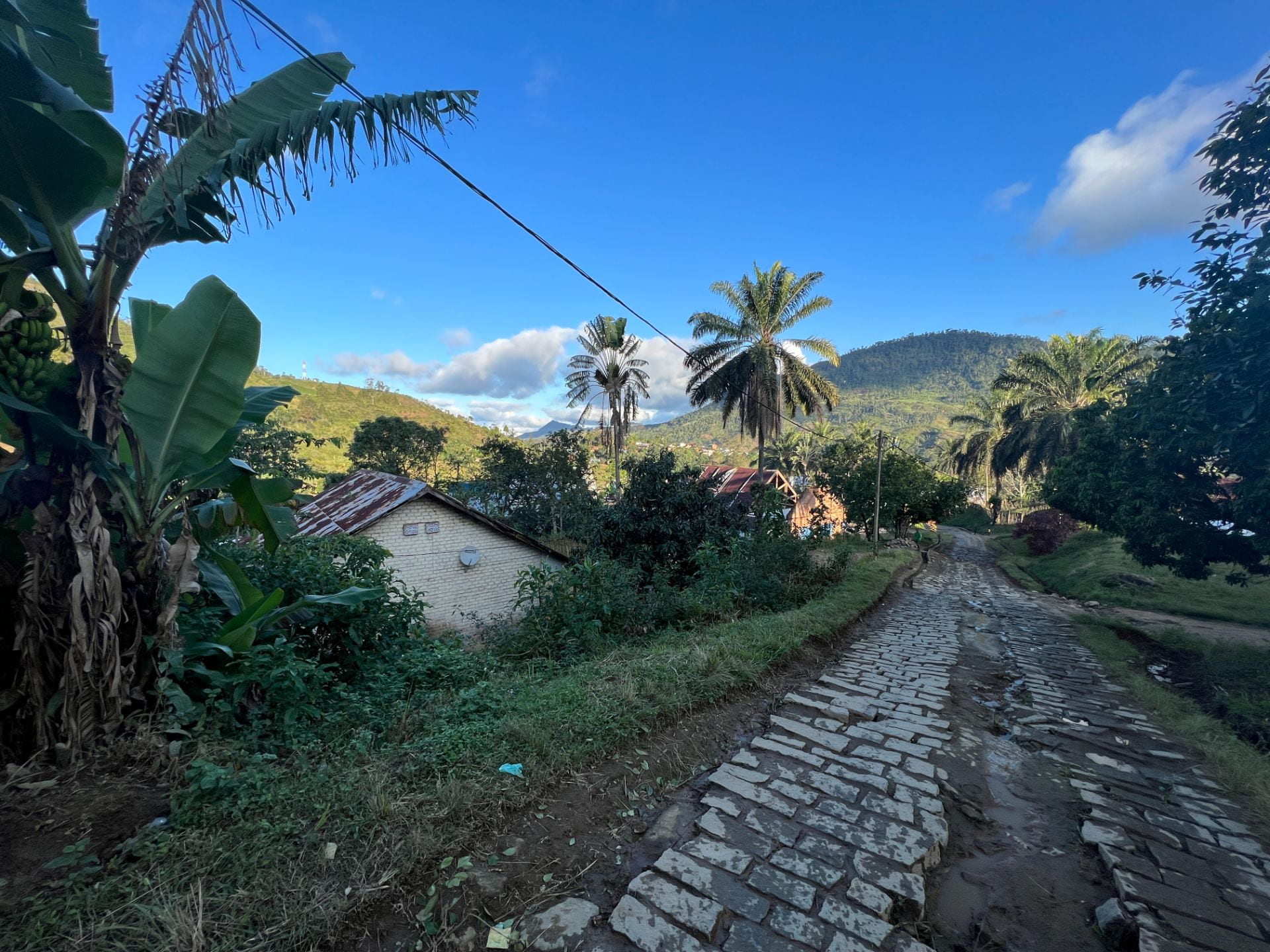Who are we?
We are a group of researchers who lead and support a broad range of global health research projects. We are dedicated to improving the health of the poorest and most marginalized by promoting global health equity through research.
What is global health equity?
The basic concept of health equity is that health and healthcare should be distributed on the basis of social justice rather than by wealth, social status or one’s national or ethnic origin. Profound health disparities exist in every country, with the poor, the very young and old, and those living in rural areas experiencing the worst health. Because good health essentially girds our ability to pursue a fulfilling life, and poor health outcomes undermine access to social and economic opportunity, we believe that achieving health equity is a moral imperative.
How do we use research to improve global health equity?
In global health, we often know the right thing to do but struggle to know the right way to do it. Service delivery environments are complex: there are competing illnesses, limited infrastructure, and scant human resources for both service delivery and for its evaluation. These factors necessarily vary by place and by the specifics of local context, and research that ignores these specifics runs the risk of being publishable but not useful.
How, then, do we have a body of research where local context matters? With the exception of patients enduring both poverty and disease, no one understands contexts and constraints of a care delivery program better than the individuals who implement and manage them. We believe that all aspects of the research—from prioritizing research questions to interpretation and dissemination of results—must include this expertise. We achieve this by working in close partnership with and in service of those local leaders throughout the research process.
You can see how our research addresses health inequities in these areas:
- Identifying gaps in care and outcomes
- assessing interventions to improve early childhood development
- creating tools to diagnose infectious disease
- developing and evaluating digital tools to improve prenatal or peripartum care
- implementing vaccine trials among the elderly.
Our Approach
We, then, envision that the main challenges we deal with as global health researchers are to value equity over reified notions of disengaged research, to insist on intelligibility over arcana, and disseminate the results of our work in a way that contributes to the wellbeing and very survival of those who do not yet benefit from existing biomedical interventions. To make these goals a reality, we commit ourselves to the following principles:
- Our research will be conducted in close collaboration with teams that are also providing direct health care to vulnerable groups;
- Our research questions will be guided by the needs of local providers, rather than by our areas of subject matter specialization; and
- All aspects of our research will involve training and development of local researchers and lead eventually to their independence as research leaders.
